Hi Spot Café: A Neighborhood Restaurant
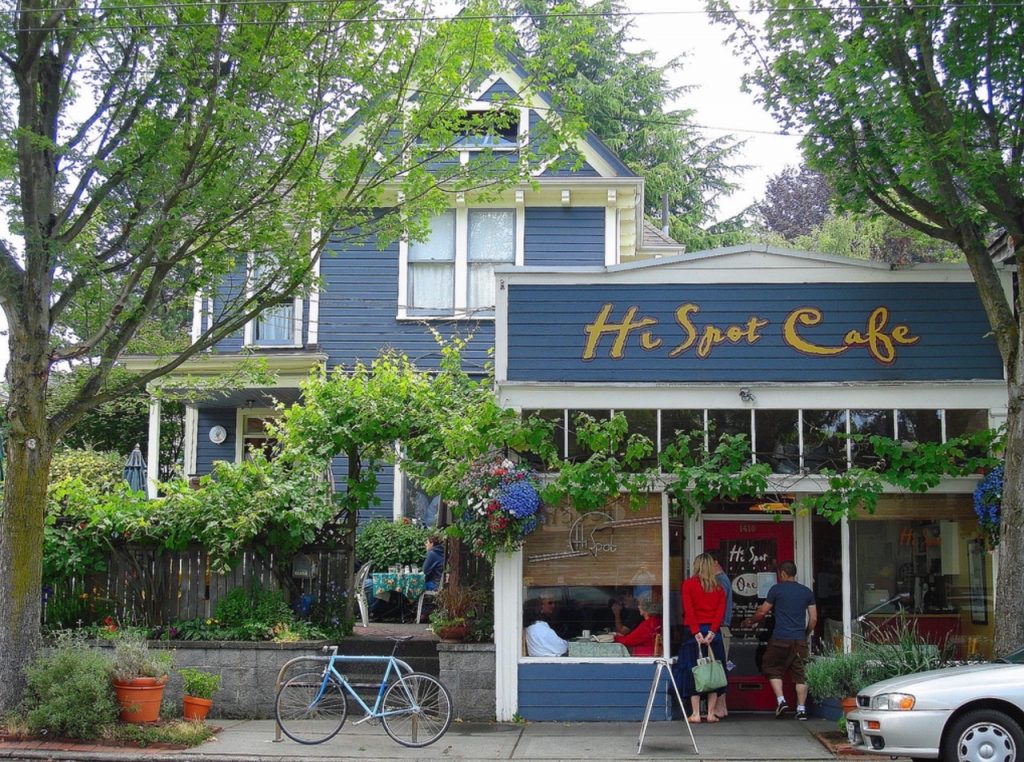
“It’s wonderful to have a place like the Hi Spot Café, a true neighborhood restaurant. Formula places are starting to take over, and speed is always of the essence. The whole ritual of leisurely going out —spending time in the community, enjoying yourself, talking with friends or family, having a delicious cup of coffee and terrific brunch— is such a thrill! Seattle is a big brunch town, and the Hi Spot Café is one of the places that have made it so.”
-Leslie
The History
In a rapidly growing city, where hot new restaurants come and go like wild mushrooms, it is reassuring to find a place that has been making the same mushroom omelette since 1983. Hi Spot Café, located on 34th in Madrona, is so homey, it is actually built into a 1904 Victorian house. You enter through a storefront, which is set up with a coffee bar and pastries. Dining areas are up a short staircase connecting it to the house. The various rooms provide semi-private spaces, making the restaurant feel less crowded than it usually is.
The storefront, which was connected to the Victorian when it became the café in 1983, was originally built as a bakery. The baker and his family lived in the house. In fact, it would be accurate to say that generations of Seattleites have been getting breakfast at this location for 114 years.
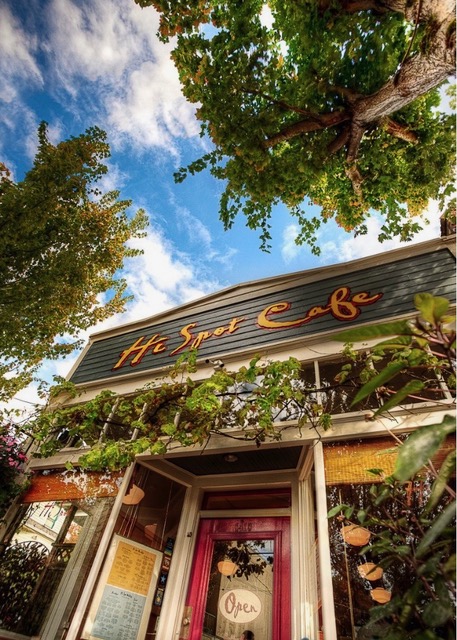
The Store Front
Mike Walker has owned (he bought it with a partner he’s since bought out) and operated the Hi Spot since 1994. He knows many regulars by name, even more by their favorite dish. “When I bought it it was a true to life hippy hangout,” Mike says. Great food, baked goods, tasty brunch, and a relaxed atmosphere made it a community favorite. Mike grew the business organically by focusing on doing more of what already worked.
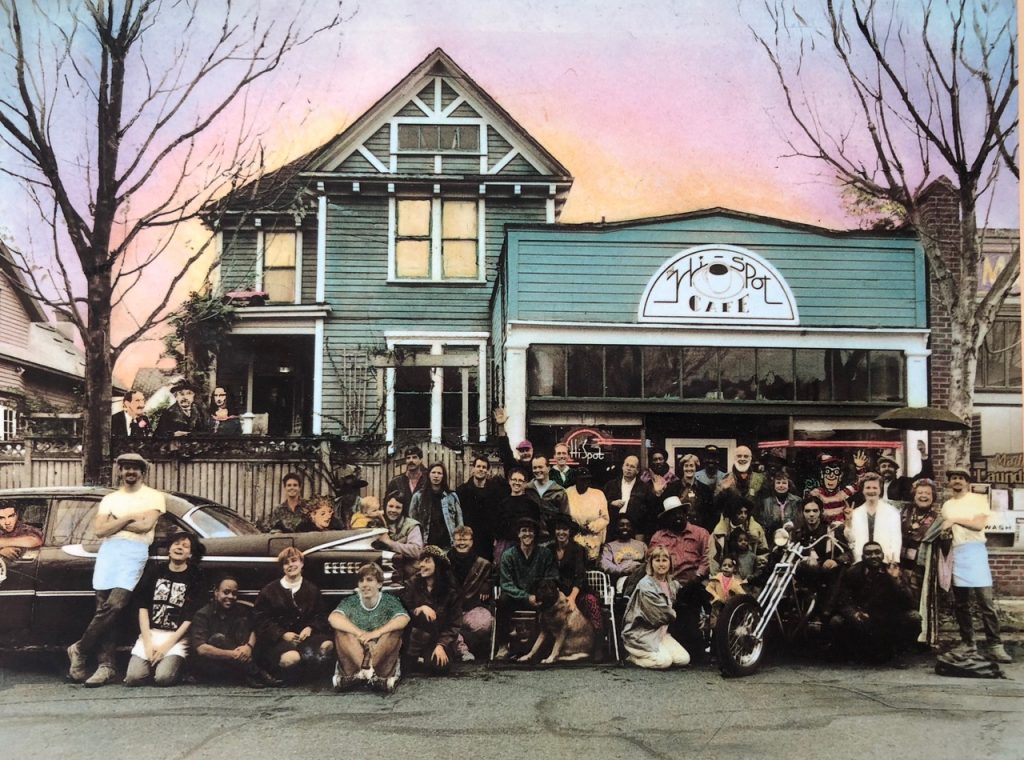
Hi Spot Café in 1994
In the early nineties, a national CBS ad campaign called Breakfast for your Head had featured Hi Spot Café. “Tourists who’d seen the commercial used to make their way up here to take pictures of themselves at the Hi Spot.”
Breakfast, Brunch & Lunch – No Dinner!
Hi Spot Café serves breakfast, brunch, and lunch, seven days a week. Mike tried dinner shortly after taking over, but it didn’t work. Back then, there were very few other restaurants on 34th, and the neighborhood could be dangerous at night. Madrona, like Seattle, has undergone enormous change and people now flock to 34th for dinner, but Hi Spot Café won’t change again. Old school has worked for them, and they still even have an AOL email address, which to them is a point of pride. As flashy new restaurants draw the headlines, they can sometimes vanish as fast as they appeared, it is refreshing to know a place can thrive by not changing.
“Over the years people have said, You should do this, you should do that,” Mike says. “I listen, but I took over a place that had a vision. I’ve worked to honor that, making small improvements over time. A steady vision of what your restaurant is and what it should be is essential. In a rapidly changing city, we are a point of stability. We know who we are and our customers value that.”
Cherished recipes and a steady vision aren’t all it takes. Finding great ingredients and suppliers is another key. “I’ve been using the Macrina Herb Roll and the Brioche Bun for 24 years. Macrina’s Brioche Buns make the best hamburger buns. I first got to know Macrina and Leslie when I was managing the Pink Door. Later, she lived nearby and frequently came in to eat.”
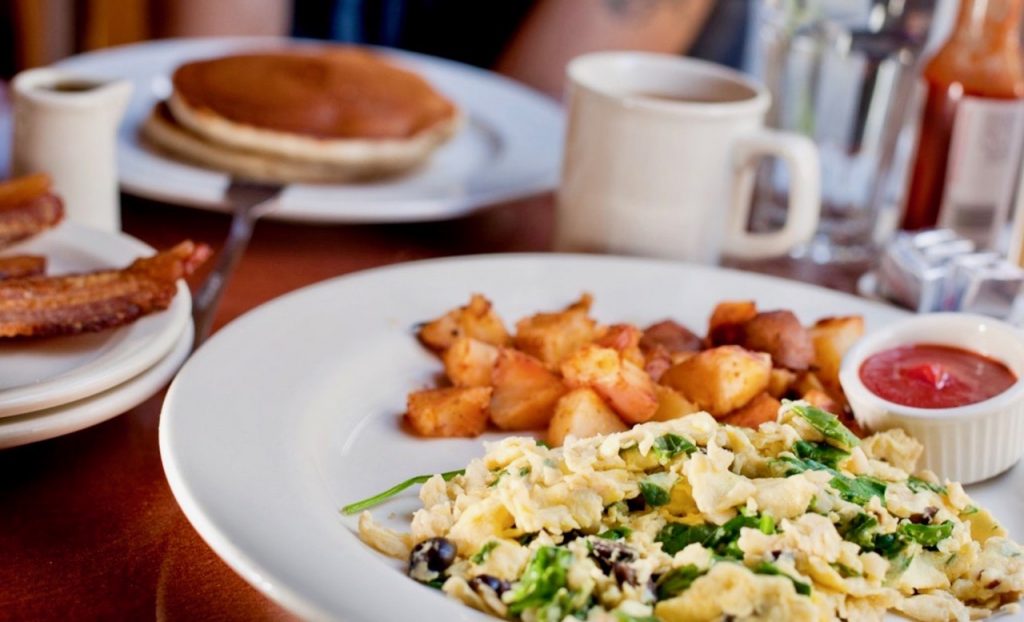
Eggs All Day
Hi Spot Café has 25 employees, many of whom have been there for years. The chef has been there for 23 years; some waitstaff are going on 15 years. “I’ve got very loyal people,” Mike says. “I treat them with as much respect as possible. I’ve worked in 28 restaurants and I fashion my management style on what not to do with employees.”
When warm weather arrives, the Hi Spot patio opens, doubling the seating. Even with the extra tables, don’t be surprised if there’s a waitlist. In addition to locals, people from all over the city flock to the restaurant. Occasionally you may even spot Mike McCready or Stone Gossard of Pearl Jam.
All of this happens with nothing more than word-of-mouth advertising, but the occasional blast of national attention doesn’t hurt. Four years ago, a recipe from Hi Spot Café was featured in an issue of Rachel Ray Every Day. “I don’t know how they found us,” Mike says, “but I’m glad they did!” The recipe was showcased alongside other breakfast recipes from across the United State, and the “El Pacifico Omelet” was chosen to represent Washington.
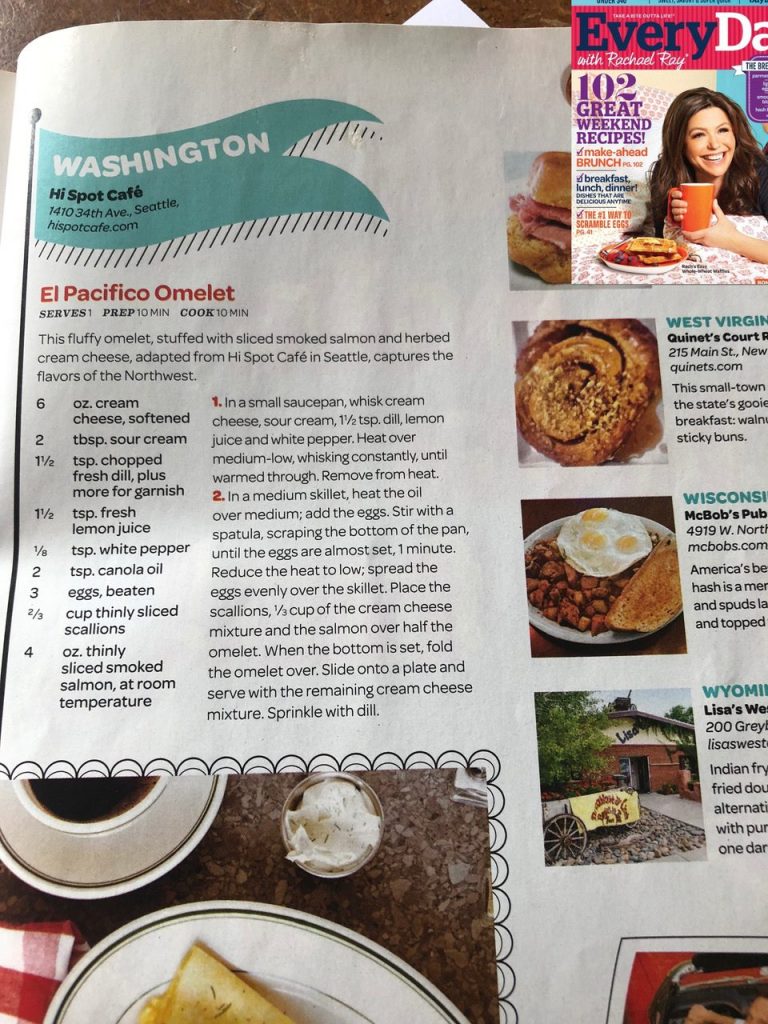
“We just keep doing what we do, making breakfast and lunch, eggs and Reubens,” Mike says. “I don’t really change the menu. I carefully add to it. It’s hard these days to find a place that makes a really good BLT, a great tuna melt. We make All-American food, simple with high-quality ingredients, and we consistently prepare it well. It’s an honest plate for $13.95.”
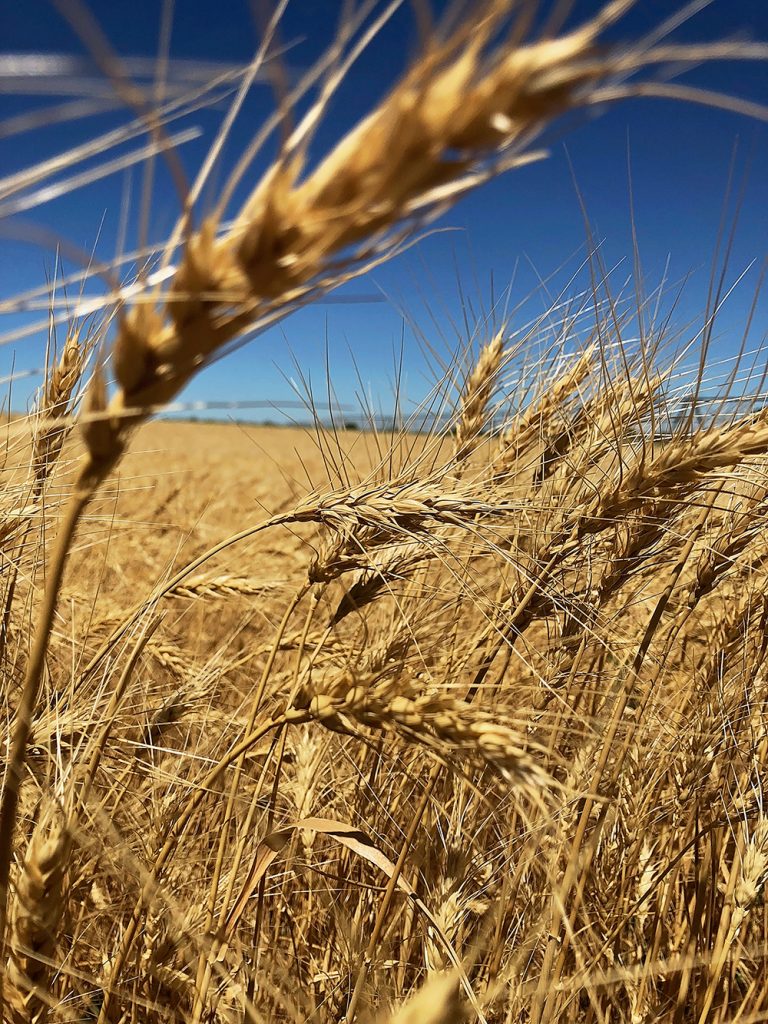
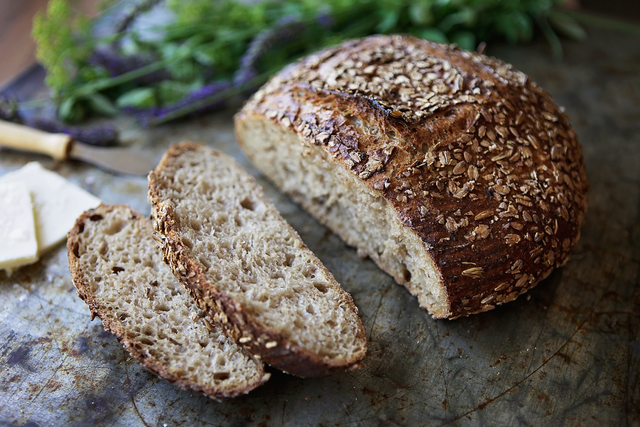
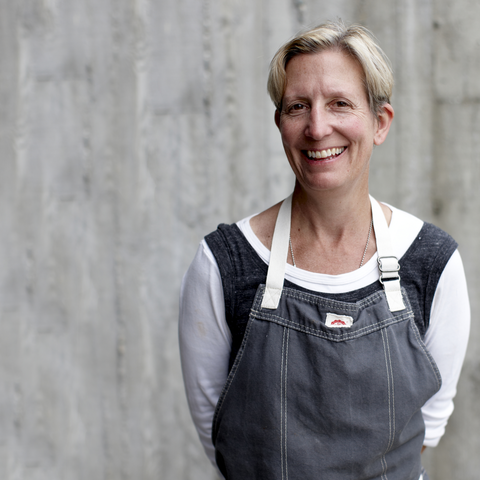


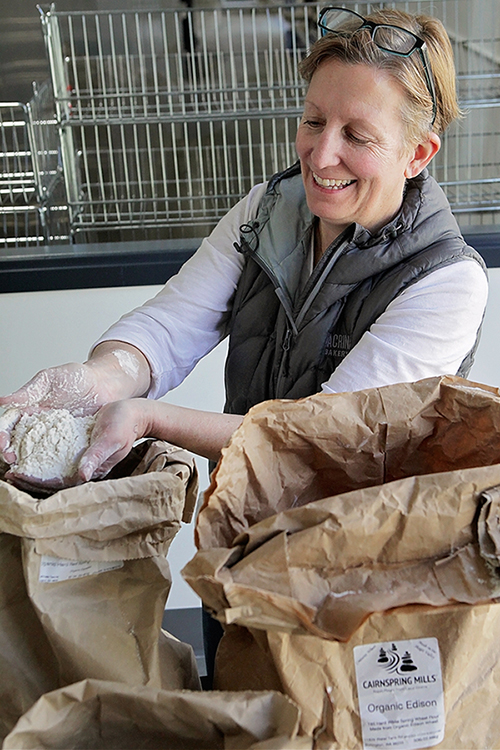
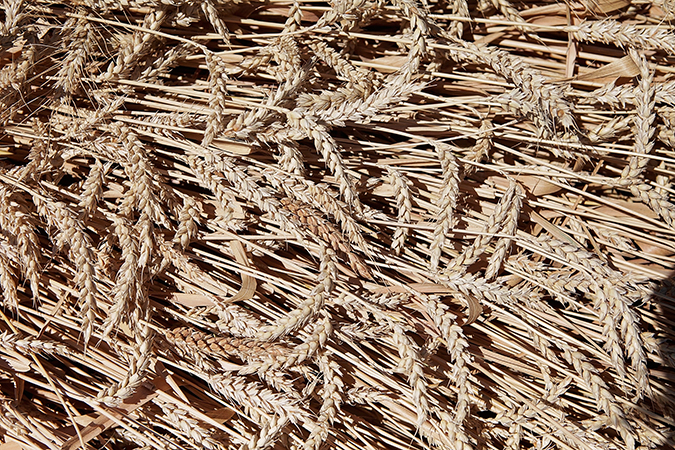


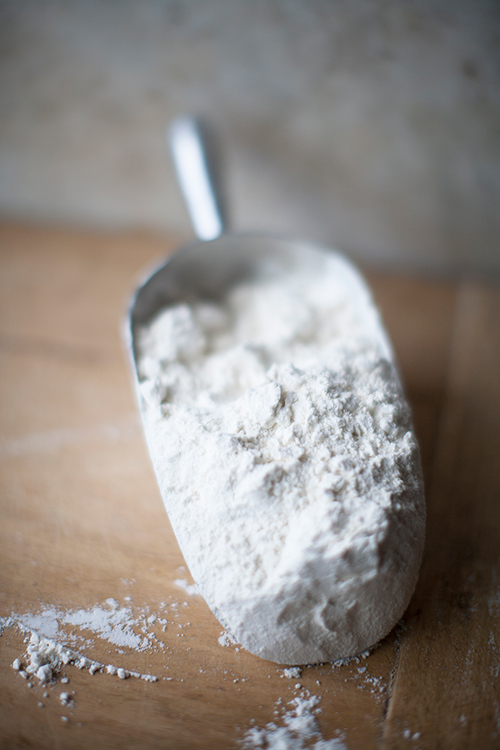
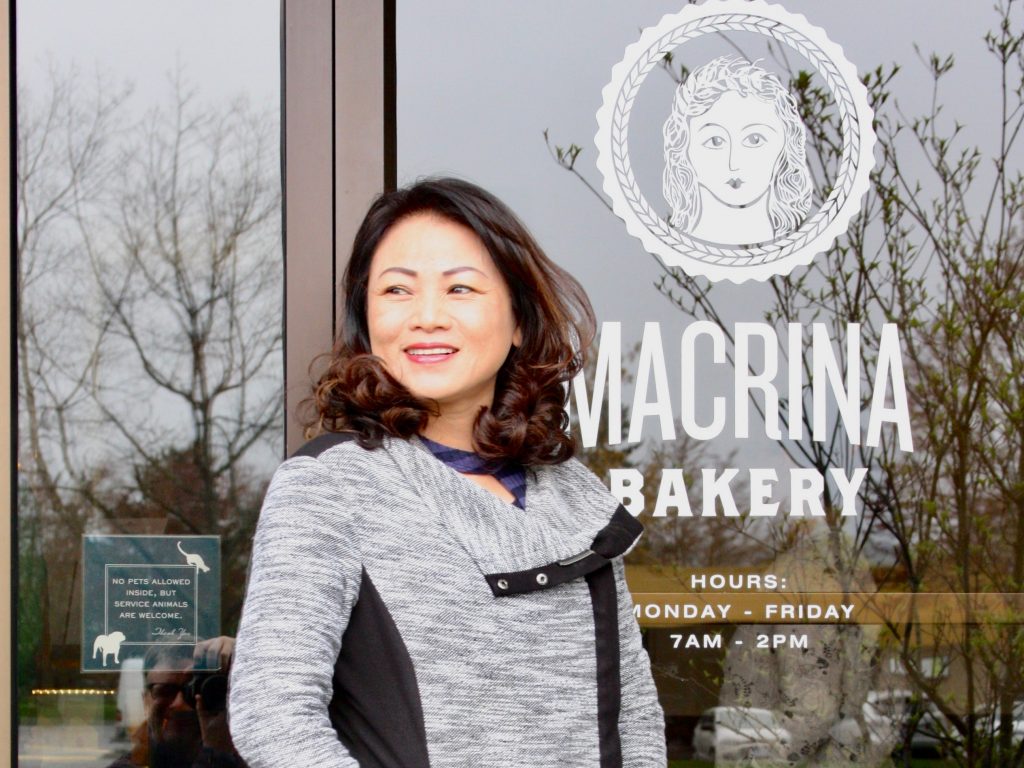
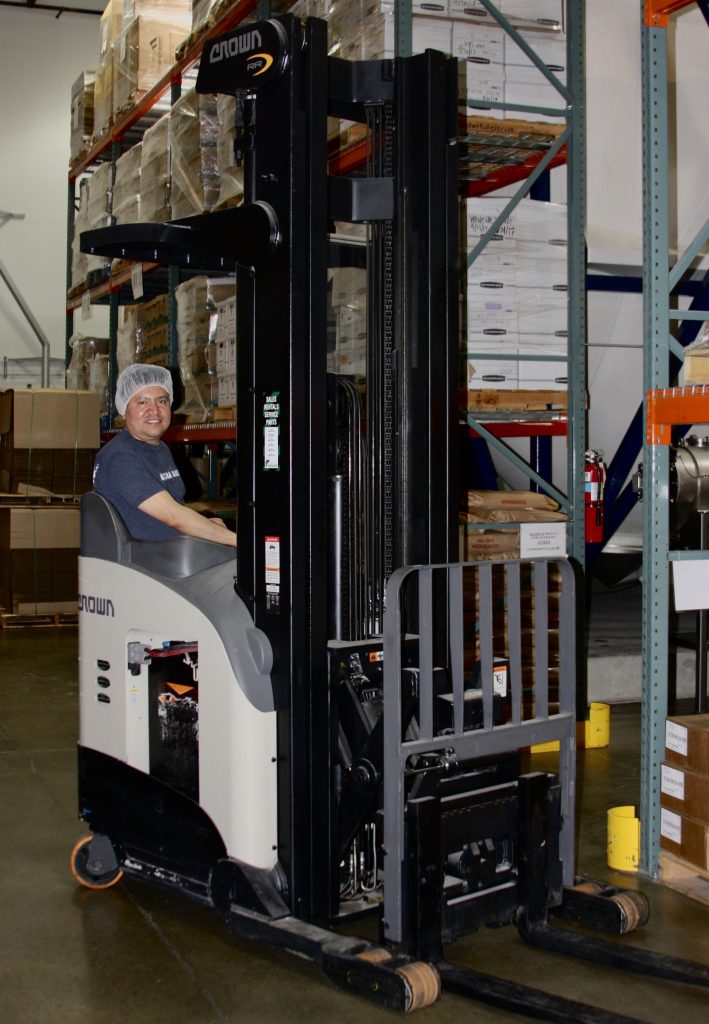
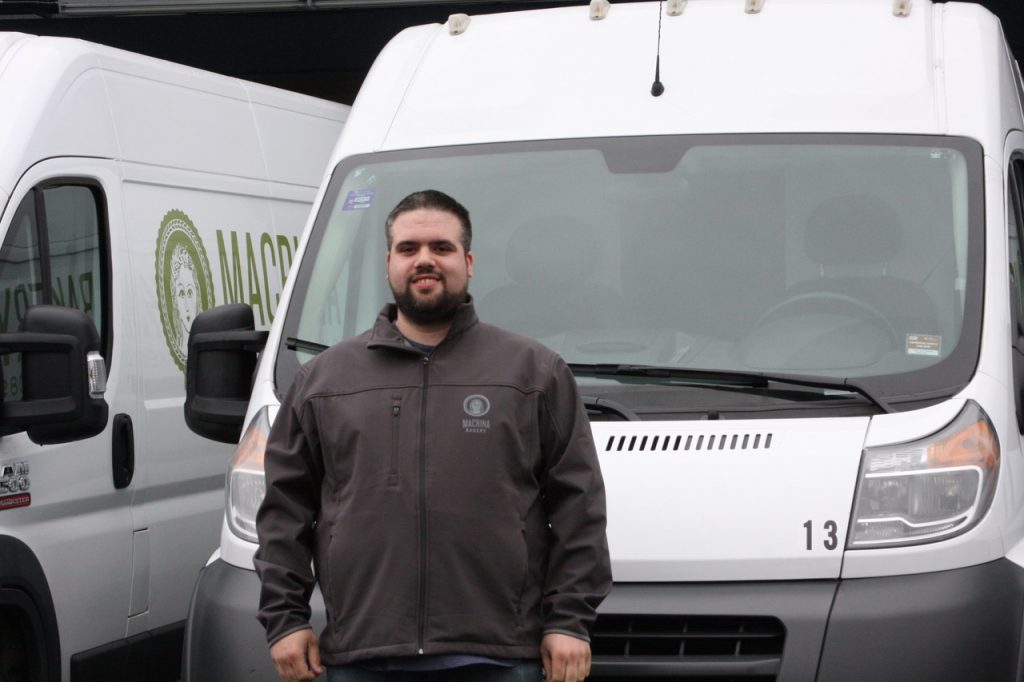

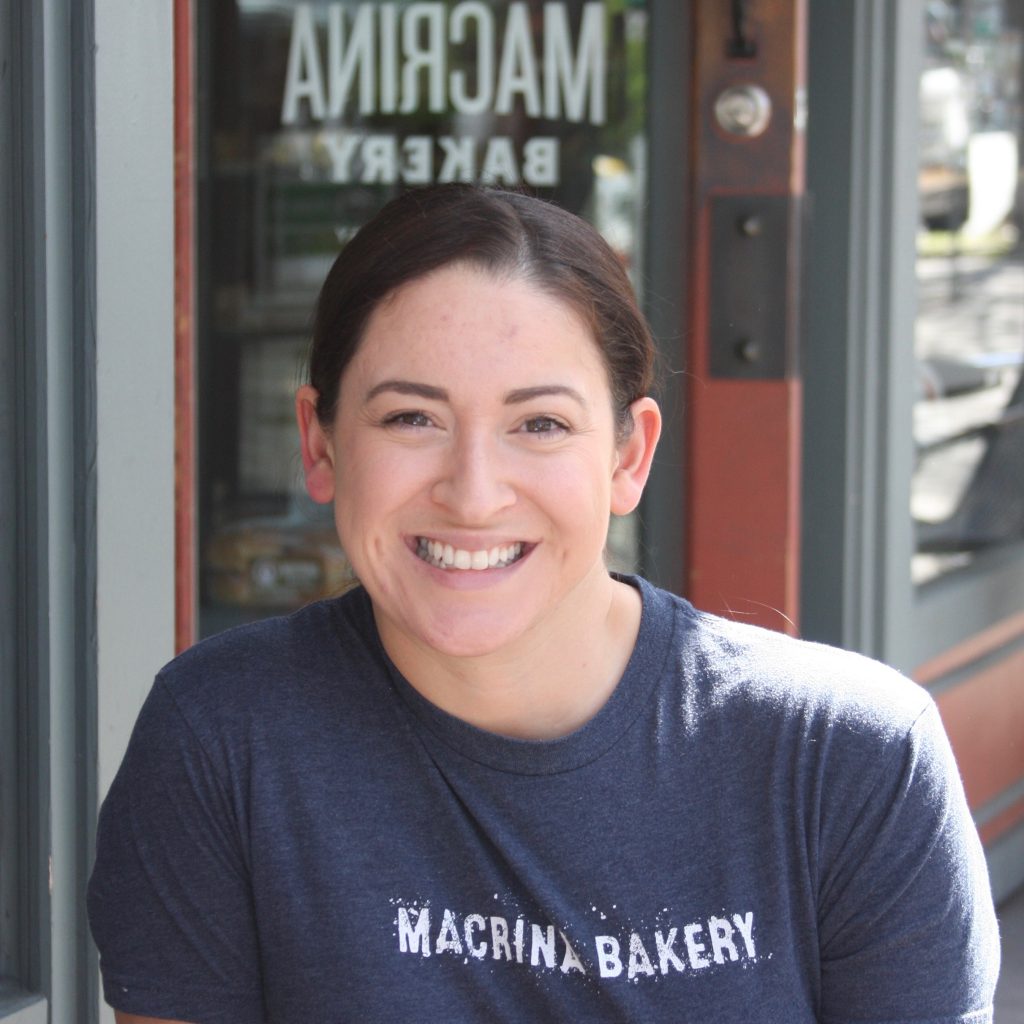

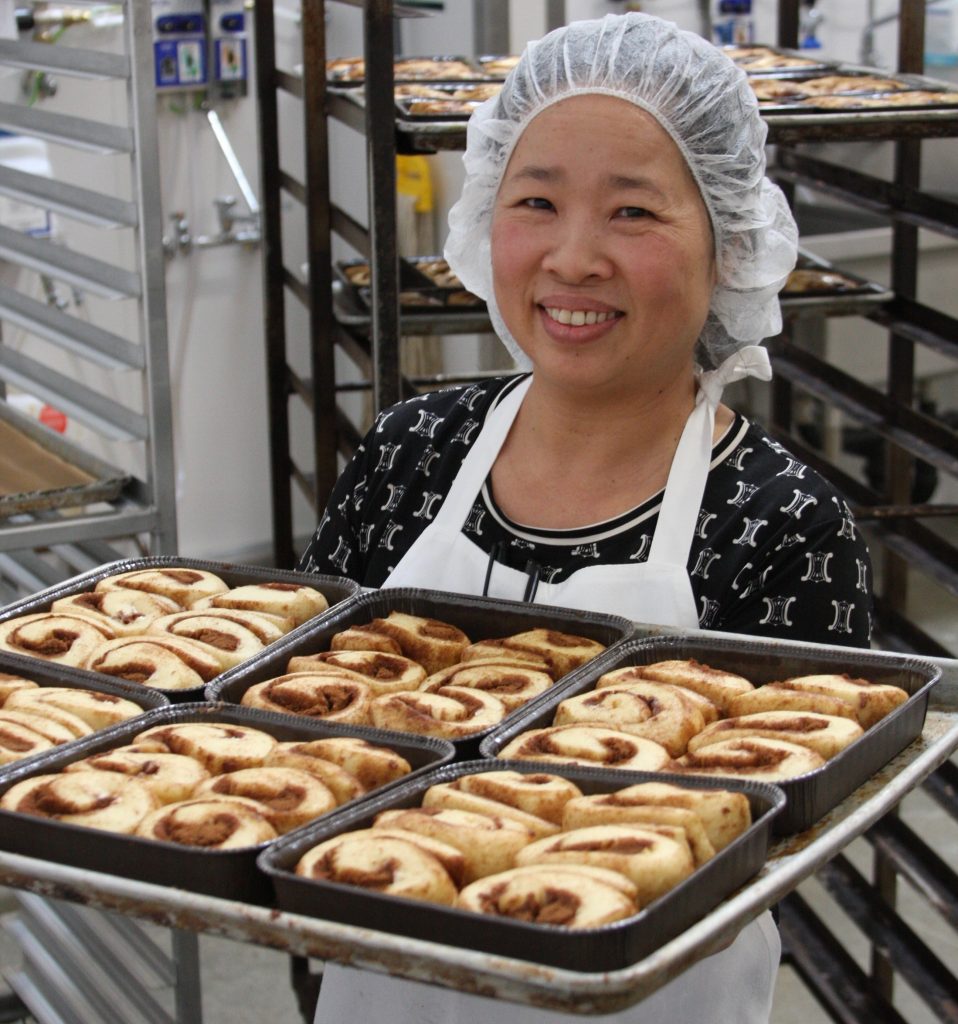





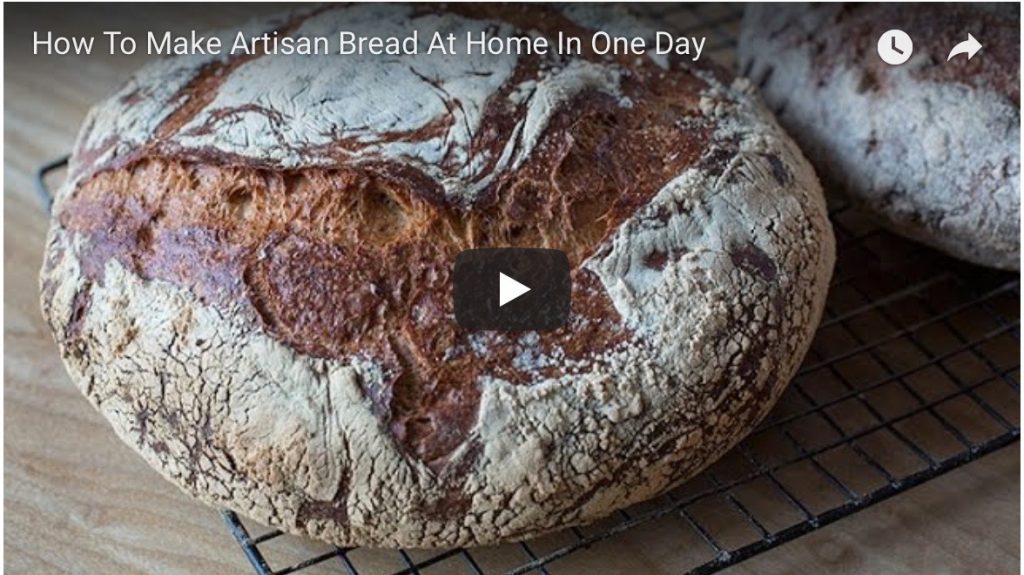
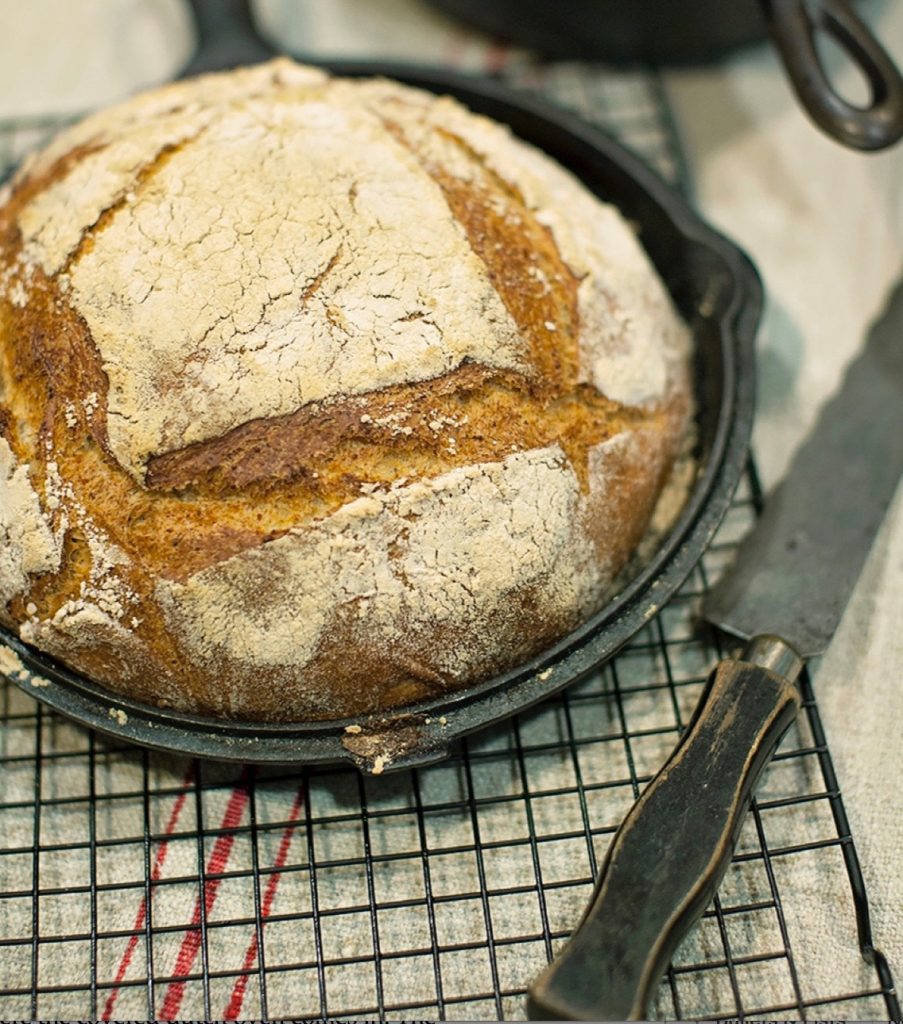
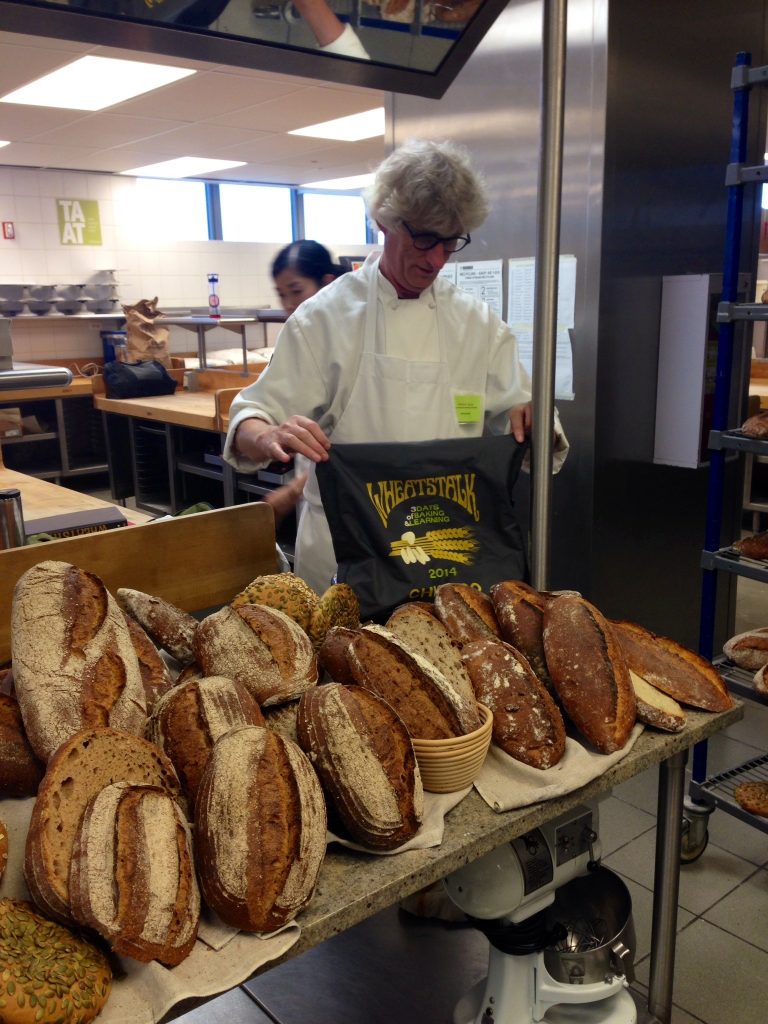 I joined the Bread Bakers Guild of America in 1993, the same year I opened Macrina. It was an insanely busy time in my life, but I knew I needed a community of artisan bakers for support and guidance. The Guild provided that and more. The Guild was much smaller 25 years ago. Not surprisingly, its growth has mirrored the rise of artisan baking in America.
I joined the Bread Bakers Guild of America in 1993, the same year I opened Macrina. It was an insanely busy time in my life, but I knew I needed a community of artisan bakers for support and guidance. The Guild provided that and more. The Guild was much smaller 25 years ago. Not surprisingly, its growth has mirrored the rise of artisan baking in America.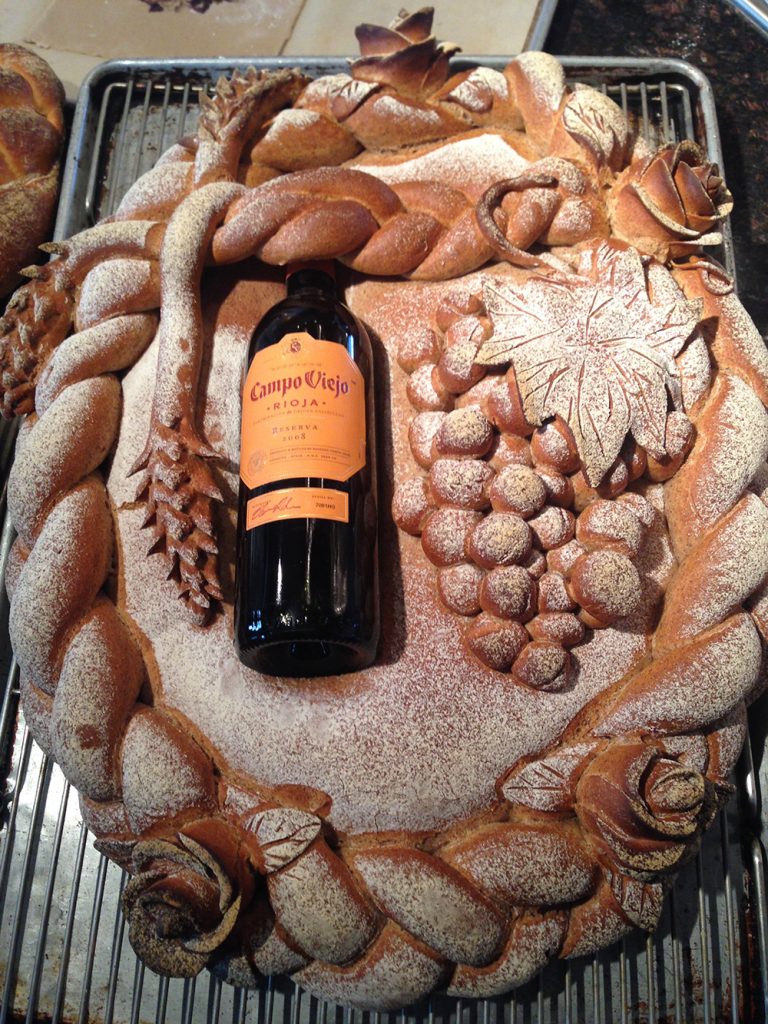 Now, I’m on the Guild’s Board of Directors. For the last 16 months, I’ve been busy working with the other eight directors to plan Wheatstalk, the Guild’s most significant event, which starts February 27. The three-day celebration of baking is filled with lectures, hands-on classes, demonstrations, and maybe most importantly, a chance to visit with fellow bakers.
Now, I’m on the Guild’s Board of Directors. For the last 16 months, I’ve been busy working with the other eight directors to plan Wheatstalk, the Guild’s most significant event, which starts February 27. The three-day celebration of baking is filled with lectures, hands-on classes, demonstrations, and maybe most importantly, a chance to visit with fellow bakers.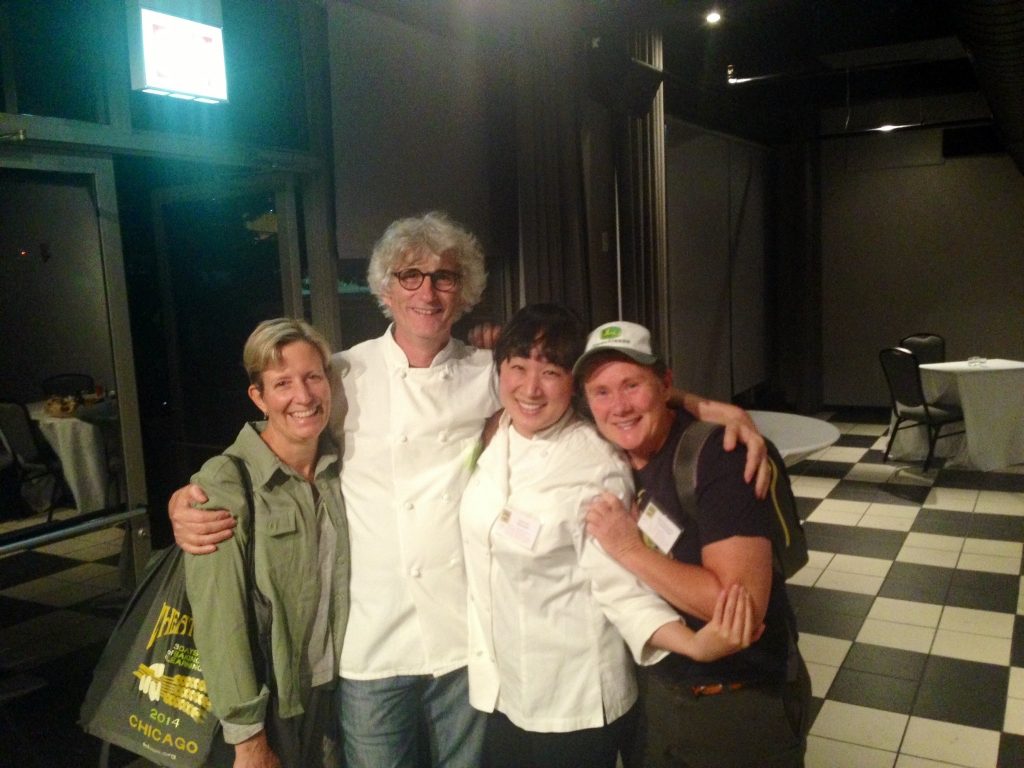 We’re holding this year’s gathering at Johnson & Wales University in Providence, Rhode Island. Of the Guild’s 2200 members, 525 members entered a lottery for the 125 available spots. All told, with the lottery winners, the teachers and volunteers like myself, about 200 artisan bakers will descend on the city. We’ll leave flour dust in our wake!
We’re holding this year’s gathering at Johnson & Wales University in Providence, Rhode Island. Of the Guild’s 2200 members, 525 members entered a lottery for the 125 available spots. All told, with the lottery winners, the teachers and volunteers like myself, about 200 artisan bakers will descend on the city. We’ll leave flour dust in our wake!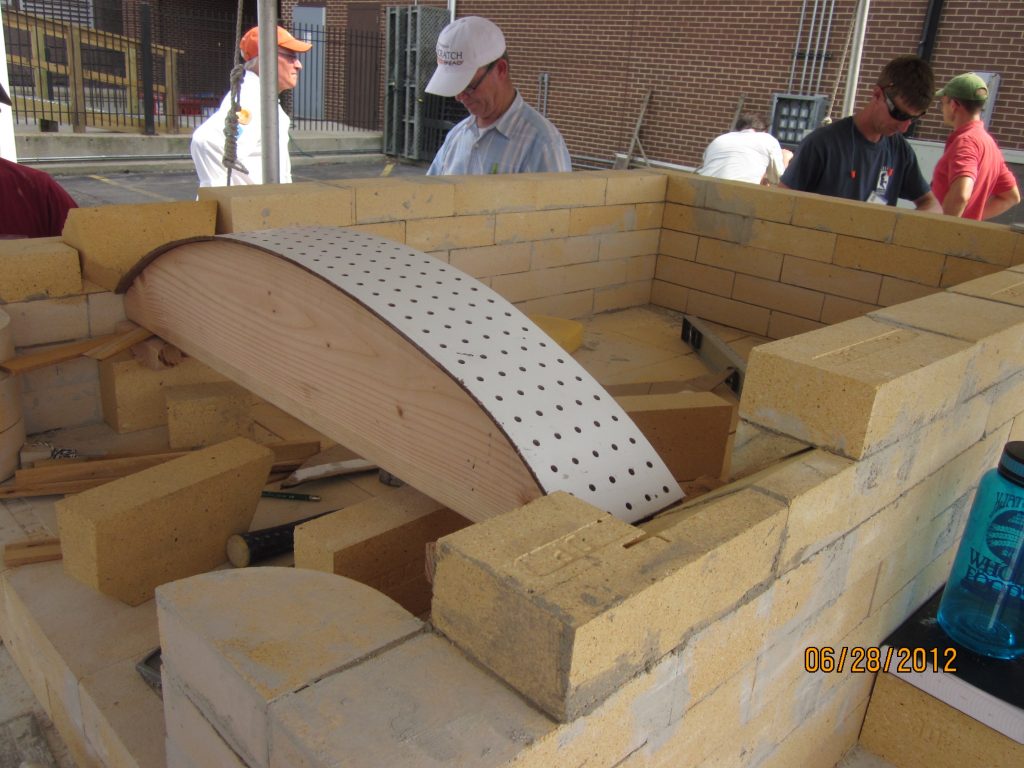
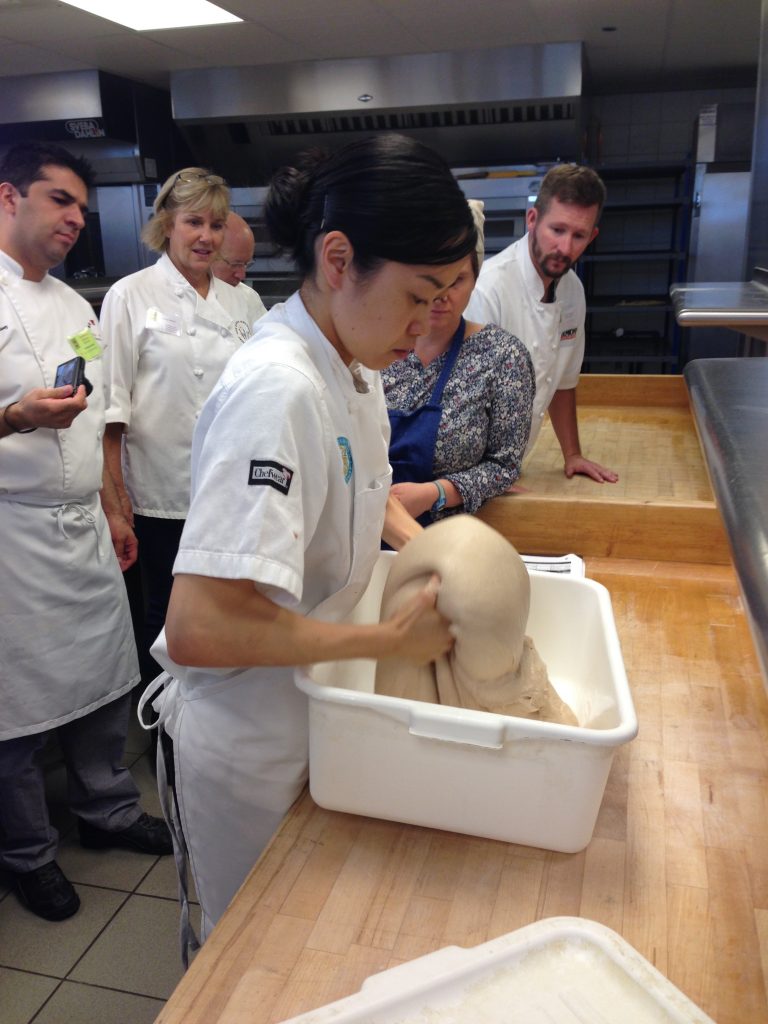 Scott is teaching a class called Growing Your Bakery with Amy Scherber of Amy’s Bread, a New York bakery that is a little bigger than Macrina and opened just a year earlier. Our bakeries are similar, both with cafés and wholesale operations. Scott and Amy will cover essential questions like, Do you really want to stop baking? Because when you grow, you spend a lot less time kneading dough. Out of necessity you get into the business of managing employees, training, retaining employees, pricing, food safety, and charitable donations. Scott says, “Amy and I should complement each other well. She is the baker who started her business, and I’m not. That difference should be useful.”
Scott is teaching a class called Growing Your Bakery with Amy Scherber of Amy’s Bread, a New York bakery that is a little bigger than Macrina and opened just a year earlier. Our bakeries are similar, both with cafés and wholesale operations. Scott and Amy will cover essential questions like, Do you really want to stop baking? Because when you grow, you spend a lot less time kneading dough. Out of necessity you get into the business of managing employees, training, retaining employees, pricing, food safety, and charitable donations. Scott says, “Amy and I should complement each other well. She is the baker who started her business, and I’m not. That difference should be useful.”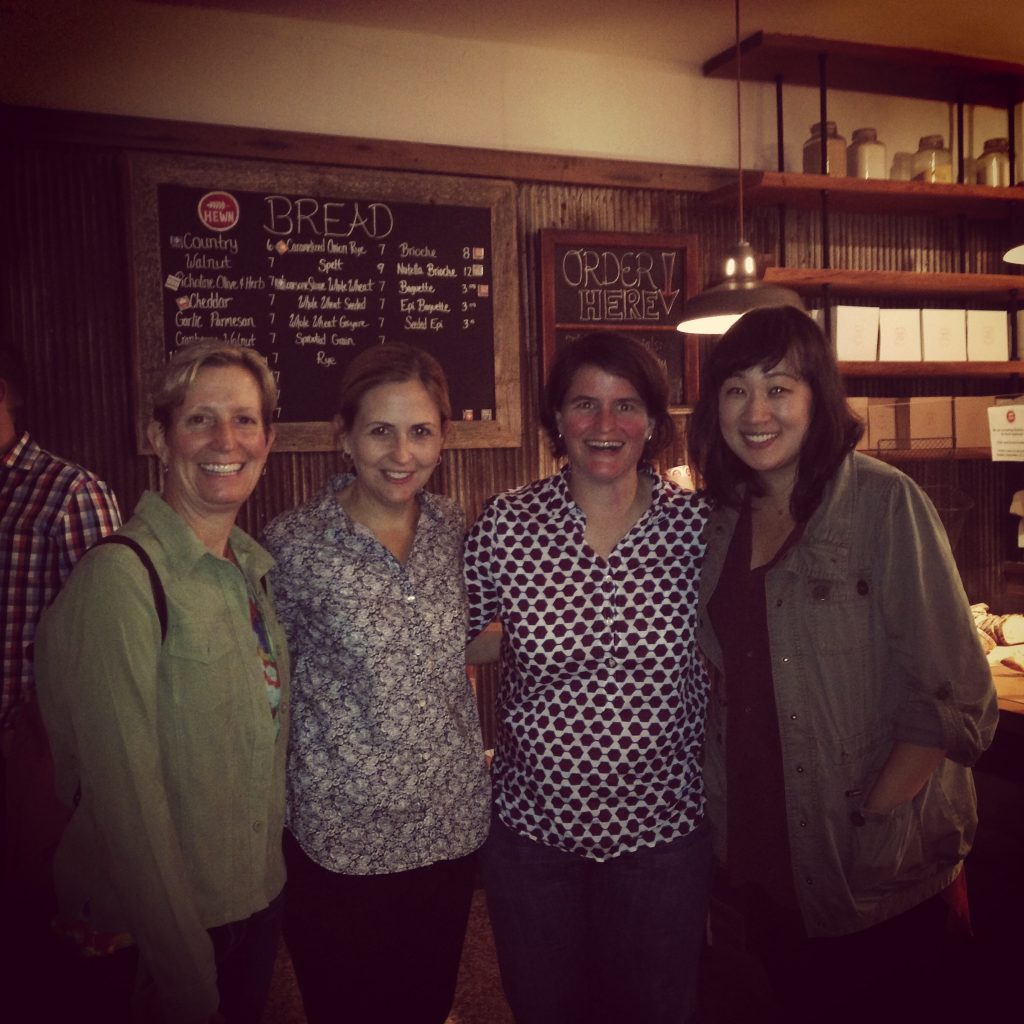 Once all the organizing is done, my job at Wheatstalk is very hands-on—preparing three days of breakfast and lunch for 200 people! It’s a big job, but I’ll have plenty of help. I’m serving a very Macrina-centric menu of tasty comfort food. There’ll be Macrina’s Macaroni and Cheese with Spicy Broccoli one day, lentil soup another, savory salads, and all the beautiful loaves of bread made fresh each day in the morning classes.
Once all the organizing is done, my job at Wheatstalk is very hands-on—preparing three days of breakfast and lunch for 200 people! It’s a big job, but I’ll have plenty of help. I’m serving a very Macrina-centric menu of tasty comfort food. There’ll be Macrina’s Macaroni and Cheese with Spicy Broccoli one day, lentil soup another, savory salads, and all the beautiful loaves of bread made fresh each day in the morning classes.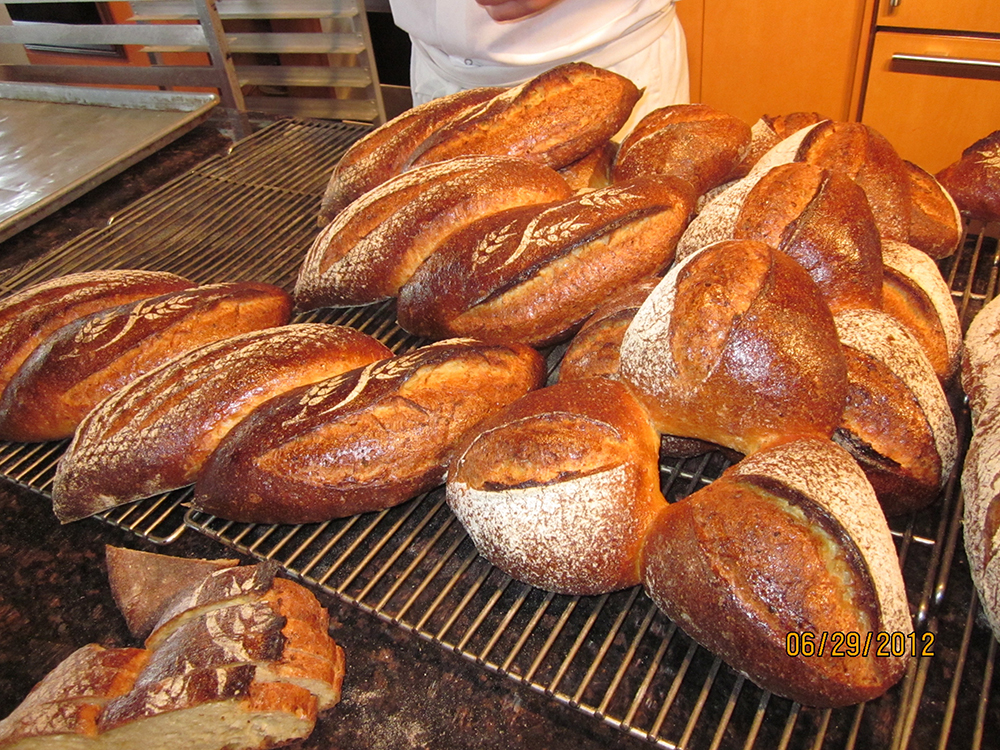 After months of planning, I can hardly believe it’s about to happen. I look forward to seeing old friends and meeting new ones, to learning new techniques and recipes. Everyone walks away inspired and with a handful of new friends and an even deeper connection to this awesome industry than they thought possible!
After months of planning, I can hardly believe it’s about to happen. I look forward to seeing old friends and meeting new ones, to learning new techniques and recipes. Everyone walks away inspired and with a handful of new friends and an even deeper connection to this awesome industry than they thought possible!